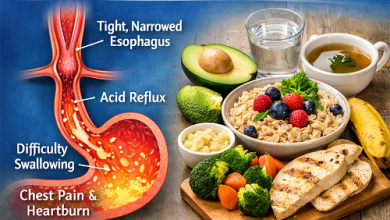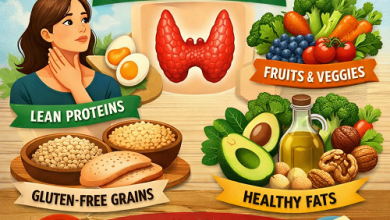Pregnancy Diet – Some Common Queries

Is there a different diet plan for pregnancy?
The key to following every diet plan is to eat healthy and to eat foods that help you benefit in your end goal depending on what you want achieve. Be it pregnancy diet, weight loss diet, diabetic diet or any other commonly circulated diets designed for specific reasons, the motive behind all is to eat healthy and to eat whatever helps you achieve your goal smoothly.
There are so many diet plans now and yes, there are several pregnancy diet plans that have designed for pregnant woman specifically.
What is the key foundation of pregnancy diet?
The basis of a healthy pregnancy diet is the same as the average healthy diet: a balanced mix of lean protein and calcium, whole grains, a rainbow of fruits and vegetables and healthy fats. All food should usually have a little more calories and nutrients than your usual diet to provide nourishment to the baby. Pregnancy diet basically revolves around the health of both mother and baby so one has to be more specific in terms of making the food choices.
What should be the focus of your pregnancy diet plan?
The main thing you need to keep in mind to prepare your pregnancy diet plan is that you need to check your Folate intake and make sure you eat foods that are rich in Folate or folic acid.
What is Folate and why should it be considered important when following pregnancy diet plans?
Folate is a B vitamin that helps check the following:
- Neural tube defects
- Serious abnormalities of the brain and spinal cord
Folic acid on the other hand is the synthetic form of Folate found in supplements and fortified foods. Folic acid supplementation has been shown to diminish the hazard of preterm delivery.
What are the essential nutrients that you incorporate in your pregnancy diet plans?
If you want to follow a pregnancy diet plan then these are some of the important nutrients you need to take in and make sure you eat foods that are rich in the following:
- Calcium
- Folic acid
- Iron
- Protein
A lot more will go up on the blog from time to time so stay tuned!
By : Natural Health News




